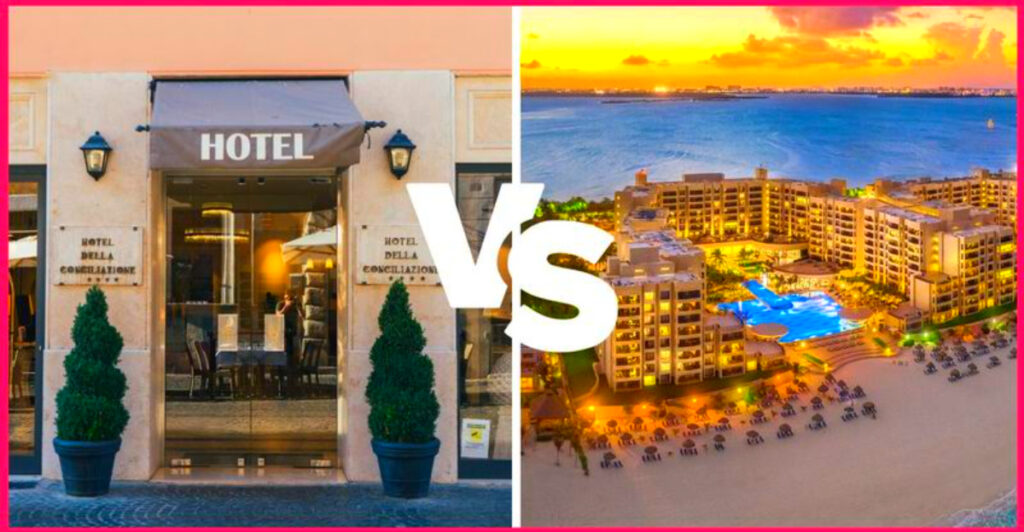Choosing between a hotel and a resort can make or break your vacation experience. Many travelers book accommodations without understanding the key differences between these two options. Hotels focus on providing comfortable rooms and basic services, while resorts offer complete destination experiences with extensive amenities and activities. Making the right choice depends on your travel goals, budget, and what kind of experience you want to create.
1. Know Your Travel Purpose Before You Book
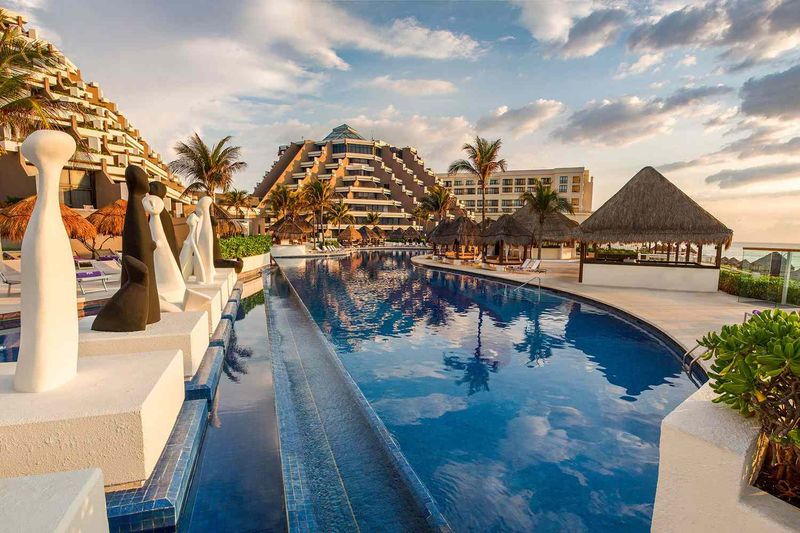
Business trips call for different accommodations than romantic getaways or family vacations. Hotels excel at serving travelers who need convenient locations near airports, conference centers, or city attractions.
Resorts shine when your goal is pure relaxation or immersive experiences. They provide everything you need without leaving the property, making them perfect for stress-free escapes where you want to unwind completely.
2. Compare Amenities That Matter to You
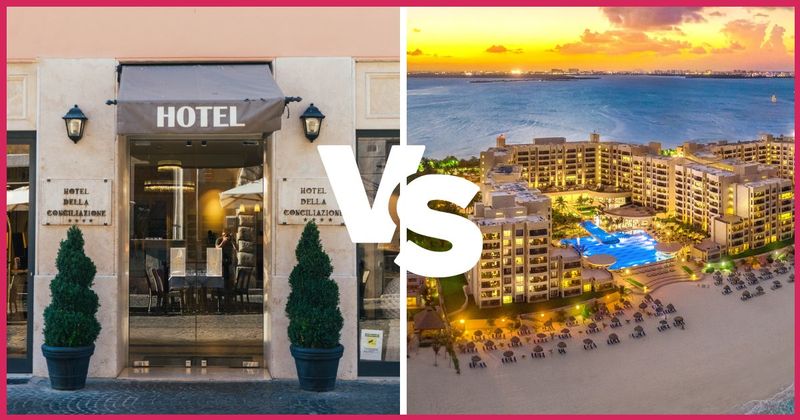
Hotels typically offer essential amenities like comfortable beds, clean bathrooms, and perhaps a fitness center or restaurant. You pay for what you use, giving you control over your expenses.
Resorts bundle multiple amenities into one package – think multiple pools, spas, golf courses, and various dining options. This all-inclusive approach works well when you plan to use many facilities during your stay.
3. Location Determines Your Experience Style
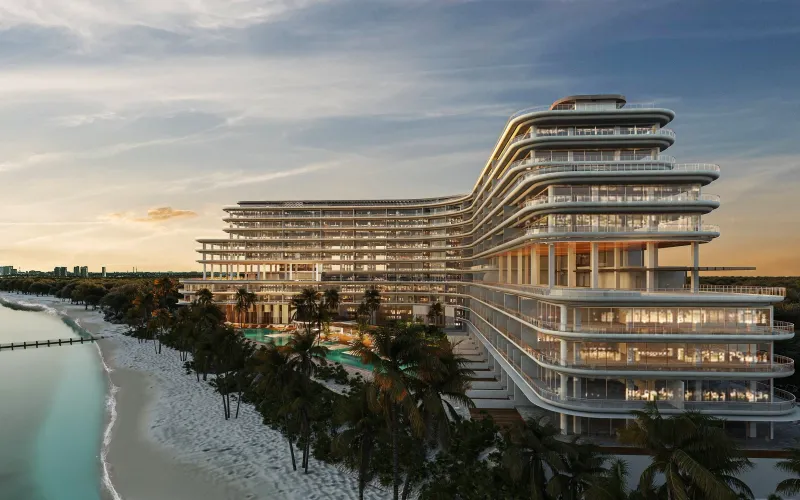
Urban hotels place you in the heart of cities, near museums, restaurants, and business districts. You can easily explore local culture and attractions on foot or via public transportation.
Resorts often occupy scenic locations like beaches, mountains, or countryside settings. They create secluded environments where natural beauty becomes part of your vacation experience, though you might miss local cultural immersion opportunities.
4. Understand True Costs Beyond Base Rates
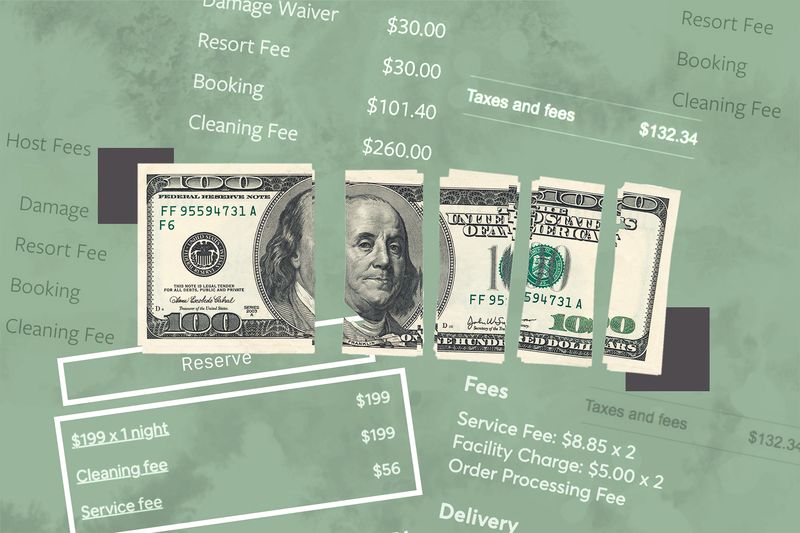
Hotel pricing appears straightforward – you pay for your room plus any services you choose. However, urban hotels may charge extra for parking, WiFi, or breakfast, so read the fine print carefully.
Resort rates seem higher initially but often include meals, drinks, and activities. Calculate the total cost of your trip, including food and entertainment, to determine which option provides better value for your specific needs.
5. Match Your Stay Length to Property Type
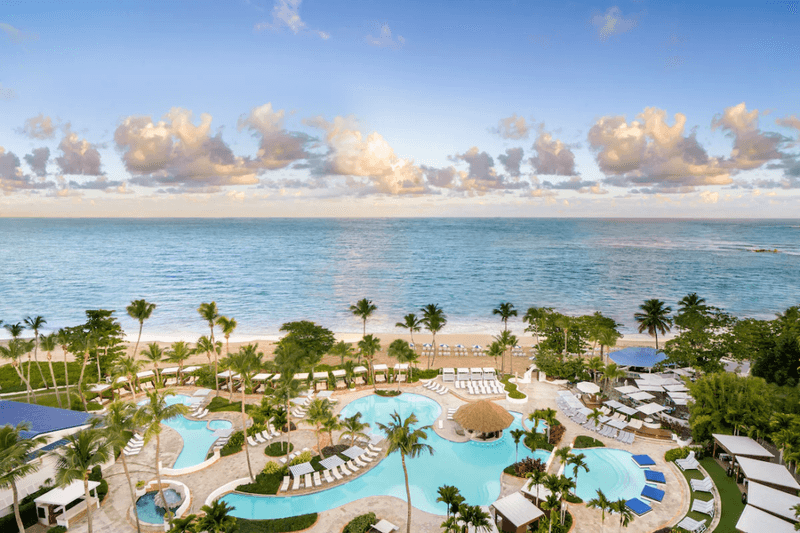
Short trips of one to three nights work perfectly with hotels. You need a comfortable base for sleeping while you explore surrounding areas during the day.
Week-long vacations benefit from resort environments where you can settle in and enjoy multiple amenities without feeling rushed. Resorts encourage longer stays by providing enough variety to keep you entertained throughout your entire vacation period without venturing off-property.
6. Evaluate Dining Flexibility and Options

Hotels usually feature one restaurant or offer continental breakfast, giving you freedom to explore local dining scenes. This approach lets you discover authentic regional cuisine and hidden culinary gems in the surrounding area.
Resort dining includes multiple on-site restaurants with various cuisines, often covered in your package price. While convenient, this setup might limit your exposure to local food culture and authentic regional specialties outside the property.
7. Consider Entertainment and Activity Preferences
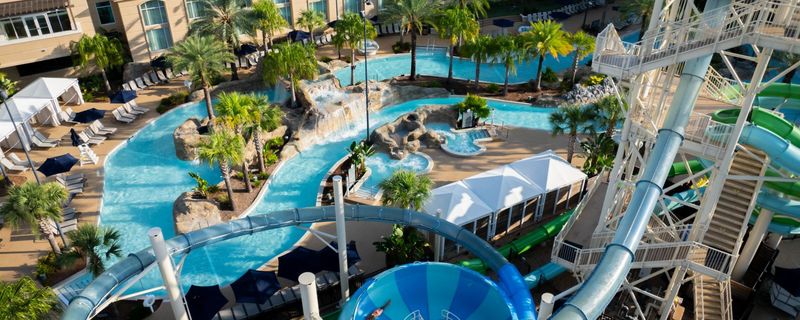
Hotels rarely provide entertainment beyond basic cable television or perhaps a small fitness center. You create your own fun by exploring local attractions, nightlife, and cultural activities in the surrounding area.
Resorts organize daily activities, live shows, water sports, and kids’ clubs to keep guests engaged throughout their stay. This structured entertainment works well for families or travelers who prefer organized activities over independent exploration and discovery.
8. Identify Your Target Traveler Profile

Business travelers, weekend explorers, and budget-conscious tourists often prefer hotels for their practical approach and strategic locations near transportation hubs and business centers.
Families with children, honeymooners, and vacation-focused travelers gravitate toward resorts for their comprehensive amenities and worry-free environments. Resorts cater to people seeking complete relaxation without the stress of planning daily activities or finding nearby restaurants and entertainment options.
9. Decode All-Inclusive Package Value
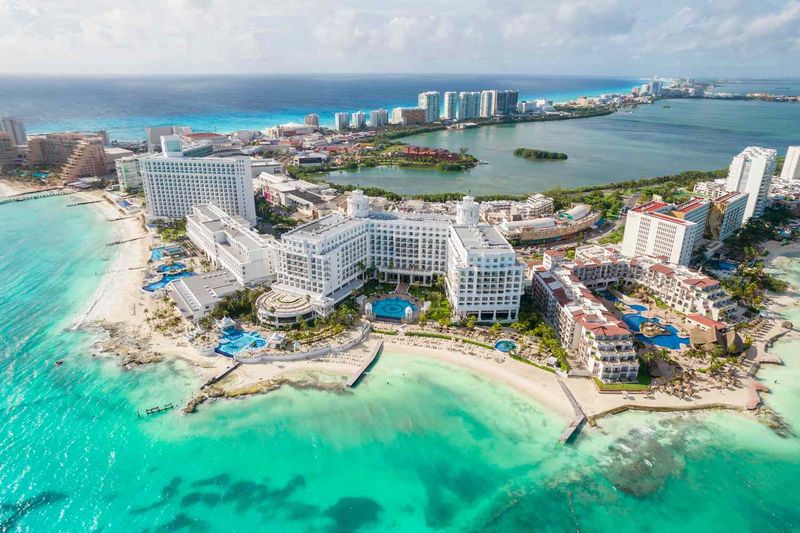
Hotels charge separately for room, meals, drinks, and activities, allowing you to customize your spending based on personal preferences and budget constraints.
All-inclusive resorts bundle everything into one upfront price, eliminating surprise expenses but potentially including services you won’t use. Calculate whether you’ll actually utilize enough included amenities to justify the higher initial cost compared to paying individually for selected services.
10. Assess the Atmosphere That Suits You
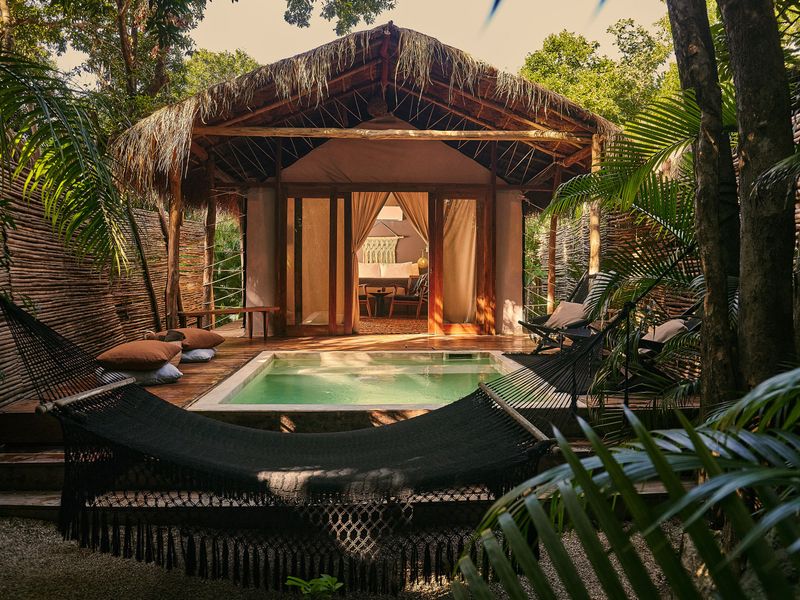
Hotels maintain professional, business-like environments focused on efficiency and guest services. They provide comfortable accommodations without trying to create artificial vacation atmospheres or entertainment experiences.
Resorts cultivate relaxed, vacation-focused atmospheres designed to help you disconnect from daily stress. They create immersive environments with tropical decorations, background music, and staff trained to maintain the leisure mindset throughout your entire stay experience.

